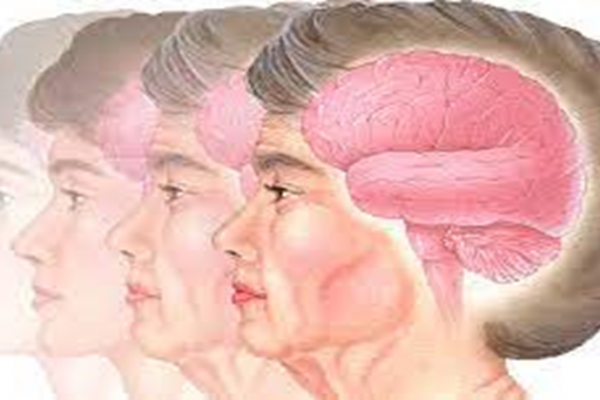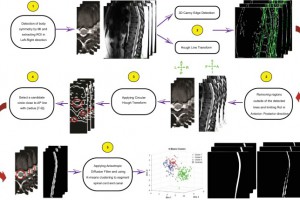Foreign Languages Slow Down Brain Aging
Bilingualism can slow and mitigate the course of age-related changes in the brain. Researchers from HSE University (Russia) and Northumbria University (UK) have found that bilingualism can slow down and mitigate the course of age-related changes in the human brain.
Bilingualism can slow and mitigate the course of age-related changes in the brain. Researchers from HSE University (Russia) and Northumbria University (UK) have found that bilingualism can slow down and mitigate the course of age-related changes in the human brain.
The human brain begins to perform worse with age: overall information-processing speed decreases, short-term and episodic memory deteriorates, and control over language skills, executive, and visuospatial functions declines. this process is called ‘cognitive aging.’ At the neuronal level, it manifests itself through anatomical changes in the gray and white matter in specific brain regions.
A team of scientists from HSE University (Russia) and Northumbria University (UK) decided to investigate the effect of bilingualism on older people’s brain functioning and how it relates to other aspects of cognitive reserve. Proficiency in two or more languages improves brain functioning not only in healthy people, but also in people with various neurodegenerative disorders (dementia, Alzheimer’s, Parkinson’s disease, stroke).
source
https://neurosciencenews.com/bilingual-brain-aging-20359/
https://www.frontiersin.org/articles/10.3389/fpsyg.2022.780261/full




Related Posts